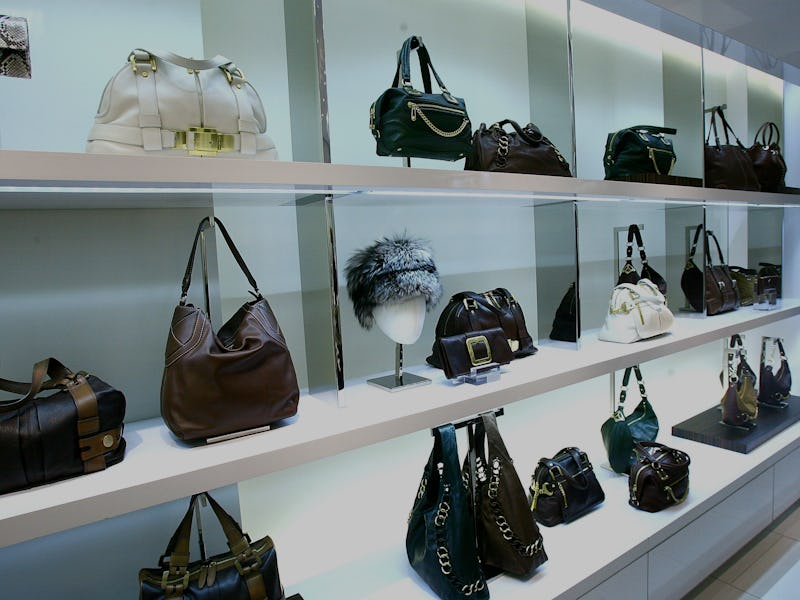Style
Michael Kors launches 'Pre-Loved' resale marketplace
The program aims to give Michael Kors pieces new life while reducing fashion waste.

Michael Kors is opening its first online secondhand marketplace, Michael Kors Pre-Loved, in an effort to contribute to circular fashion and the fight against waste.
Those interested in listing their MK pieces must be a member of the Kors VIP rewards program to create a seller account. They can then add a description and photos of their bag or wallet and set their asking price. Once the piece is sold, Michael Kors will provide a prepaid shipping label for the buyer to ship within three days.
Secure the bag — For every successful and confirmed sale, the seller will receive a Michael Kors gift card to be used on future MK purchases. The gift card will account for 80 percent of the selling price, while the other 20 percent will go toward operating costs.
Although the marketplace just launched last week, there are already dozens of pieces to browse through. Ranging from handbags to crossbody bags to wallets, many of the items are listed at more than half of their original retail price. For example, if you can’t shell out $498 for a Nouveau Hamilton satchel in-store, you can buy it pre-loved (but still new with tags) for $210. A brand-new, never-used Gansevoort Metallic Python Embossed Leather Minaudieiere clutch is even listed for $525, $1,000 off its retail price.
The new Michael? — Offering new or like-new pieces at more affordable prices could also be an incentive for consumers to take more interest in Michael Kors. Many refer to the brand as “entry-level luxury,” though others in that category, like Coach, have refreshed and rebranded to welcome a new generation of buyers. Between 2019 and 2022 alone, Michael Kors’s global revenue decreased from $4.51 billion to $2.92 billion, revealing a steep decline in consumer interest.
With more and more labels announcing resale marketplaces of their own, however, it seems the industry is taking circular fashion more seriously these days — and in a way that doesn’t involve greenwashing. According to a McKinsey report, one in five garments needs to be traded through circular business models in order to stay in line with the UN's 1.5-degree pathway goal. Michael Kors may not be the it-brand it once was, but aiming for circularity deserves some appreciation.